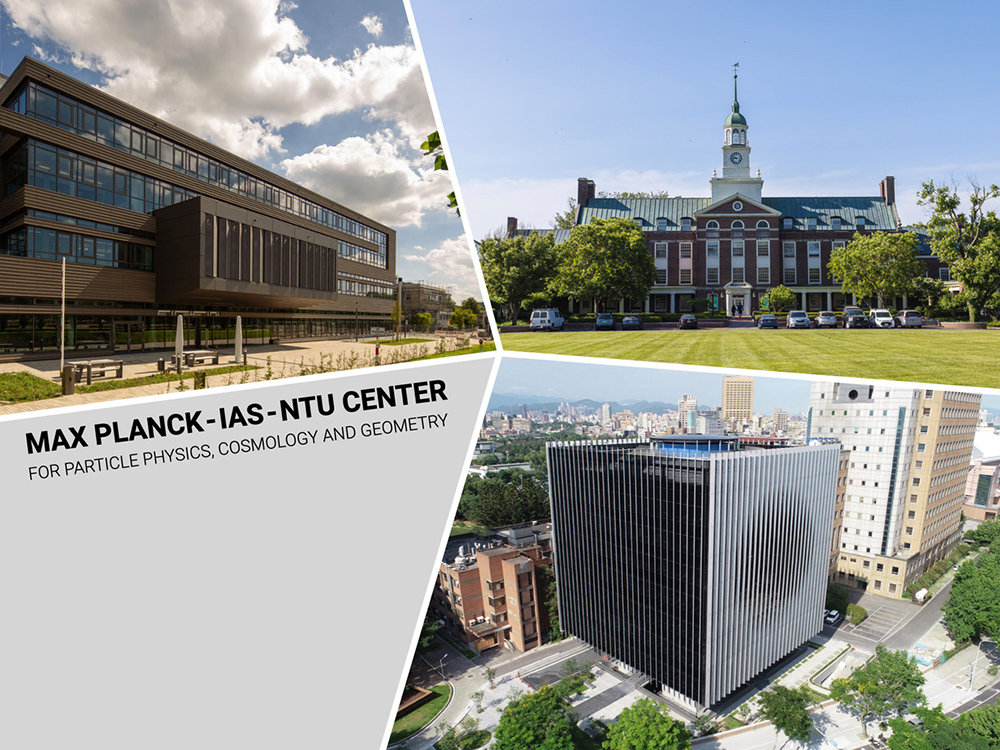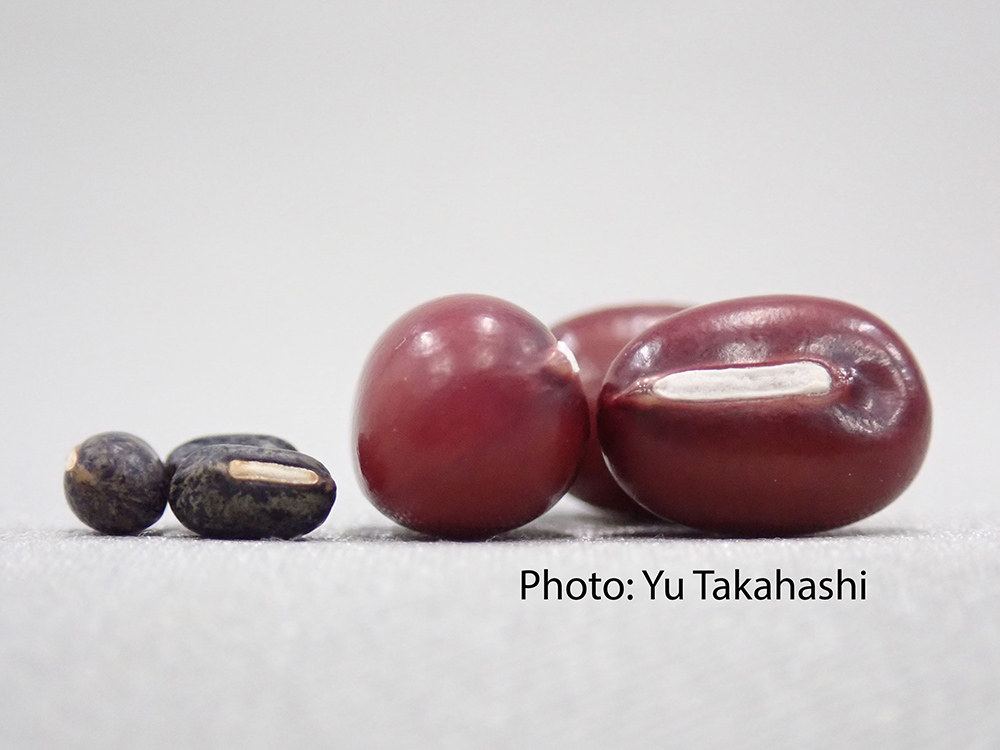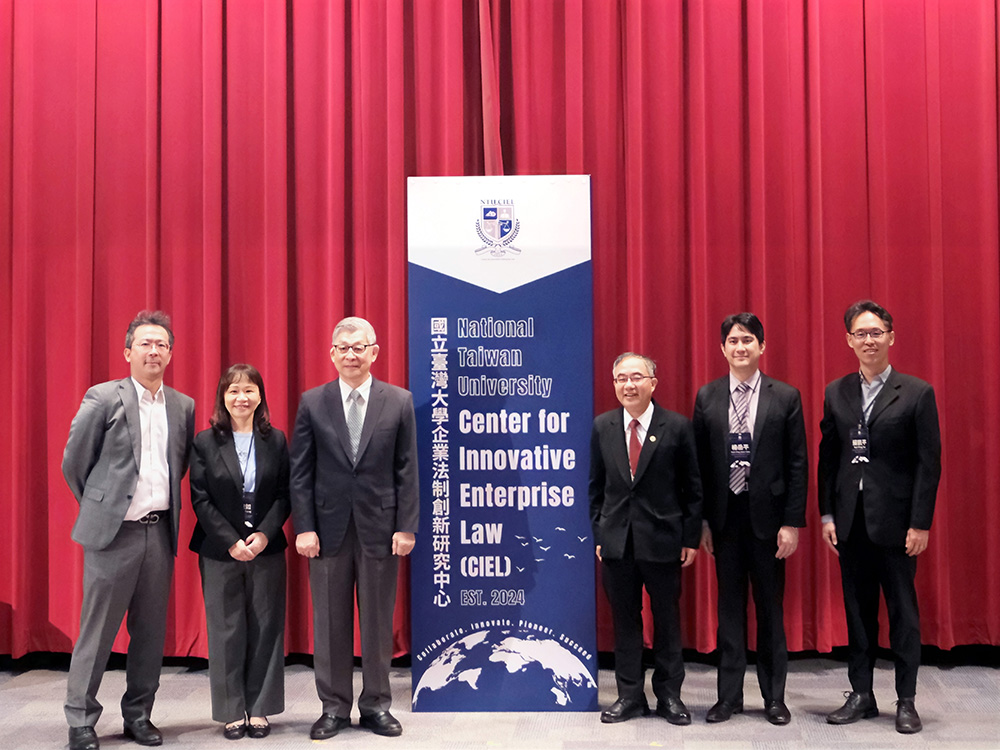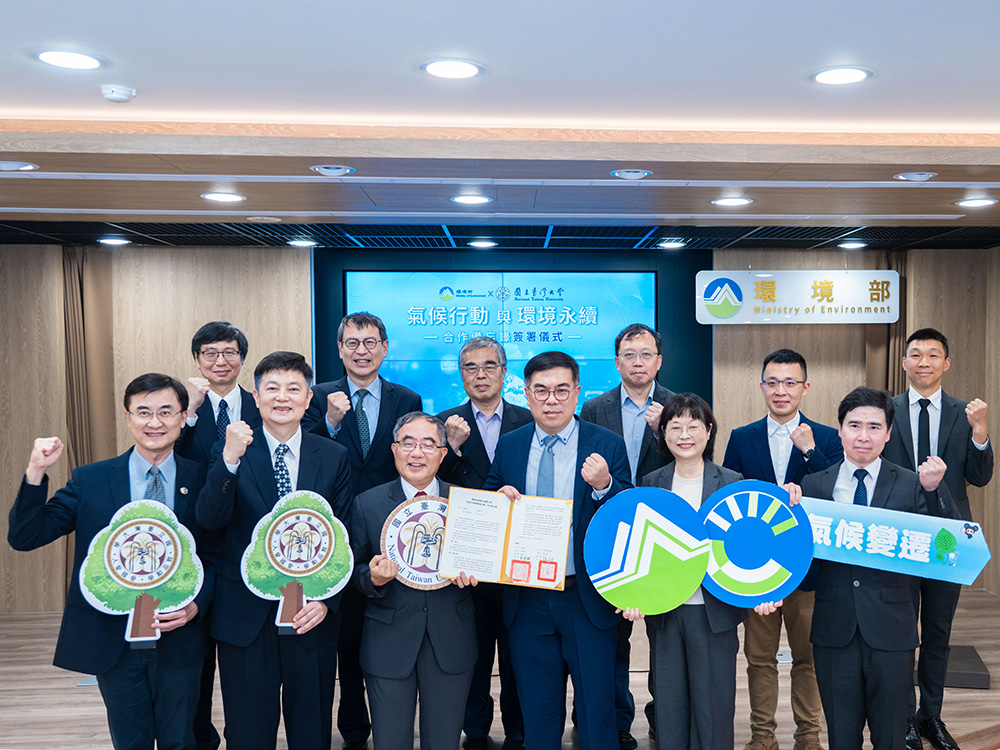
A new milestone for science at NTU: The inauguration of the Max Planck-IAS-NTU Center
瀏覽器版本過舊,或未開啟 javascript
請更新瀏覽器或啟用 javascript
Spotlights
NTU launches its first USR Report on June 23, detailing its actions in campus governance, education, research, and services.
(From left) EVP Ching-Hua Lo (羅清華), President Chung-Ming Kuan, EVP Chiapei Chou (周家蓓), and EVP Shan-Chwen Chang (張上淳).
President Chung-Ming Kuan addresses the audience at the launch of NTU’s first USR Report on June 23.
What is the social responsibility of a university? NTU released its first Social Responsibility and Sustainability Report (the “USR Report”) on June 23, compiling and illustrating NTU’s concrete actions in campus governance, education, research, services, as well as the blueprint for continuously fulfilling its university social responsibility (USR). USR is more than serving the community, and campus sustainability is never just about environmental protection and ecological greening. By releasing this report, NTU demonstrates how a university can impart knowledge to the society, facilitate socioeconomic development, enhance environmental sustainability, and particularly in face of emergencies such as the COVID-19 pandemic, fulfill its local and global social responsibility.
During the campaign for NTU presidency, President Chung-Ming Kuan (管中閔) made a promise to issue the USR Report regularly. After inauguration in 2019, President Kuan established the NTU USR Committee and the Office of Institutional Research and Social Responsibility, which then officially began to develop NTU’s sustainability blueprint, formulate implementation plans, and compile a USR report.
According to President Kuan, every university has a duty to contribute to the society, and this commitment is part of NTU’s legacy. As early as 1949, NTU’s former President Ssu-Nien Fu (傅斯年) mentioned in a speech that we “dedicate the University to the Spiritus Universalis,” highlighting the merits of “integrity, diligence, fidelity, and compassion”—which later became the motto of NTU. This legacy has proved to be relevant even today. Nowadays, corporate social responsibility (CSR) has become a key indicator of a business’s competitiveness, and universities are also expected to undertake USR initiatives in connecting the global with the local. In view of this, NTU has generated and issued the 2019 NTU USR Report following the guidance of the United Nations’ 17 Sustainable Development Goals (SDGs) released in 2015 and the Sustainability Tracking, Assessment & Rating System (STARS).
This report systematically details NTU’s comprehensive performance in environmental, social and governance (ESG) dimensions, as reflected in its sustainability vision and blueprint, social impact, and campus sustainability. In addition, it also illustrates how NTU has risen to rank among the world’s top universities by integrating ESG objectives into its education, research, services, innovation, and entrepreneurship.
During the launch, President Kuan announced that NTU has pledged towards the Paris Agreement of limiting the global temperature rise to 1.5℃, and set its carbon reduction targets according to the Science Based Targets Initiative (SBTi). NTU pledges to reach 50% of carbon neutrality by its centennial in 2028 and achieve complete carbon neutrality by 2048. Following SBTi criteria, NTU will propose carbon reduction targets as well as the roadmap and measures to reach these targets within 12 months. Meanwhile, we will also promote research on carbon neutrality, including the development of alternative energies (e.g., solar energy, geothermal power, wind power, and biogas power) and the management of forest health to increase carbon sequestration.
Undertaking social responsibility both internationally and locally, NTU has played a critical role in talent development and the pursuit of research excellence while actively responding to challenges with expertise and innovation. The dedicated efforts of all NTU members to advancing sustainable development can also be found both at home and abroad in such fields as medicine, public health, food safety, food agricultural education, long-term care, smart city, sustainable environment, and energy transition.
For example, students from the College of Public Health travelled a long way to Malawi in Africa to help fight malaria; a team of medical experts from NTU Hospital visited Guatemala in Central America and worked closely with local public hospitals to improve maternal and newborn health; and students of NTU World Volunteer Society initiated a campaign to collect computers and later travelled to Ladakh in the Himalayan region to promote information education. In Taiwan, botanists from the College of Bioresources and Agriculture helped prevent pests from destroying crops in Yunlin; a team of experts from NTU Experimental Forest provided vocational training for local indigenous residents; and NTU students offered after-school tutoring at elementary schools in remote areas, helping students from disadvantaged background to learn more effectively. NTU has also played a key role in the prevention of lychee stink bugs and the research on African swine fever.
NTU is glad to take the lead and share our experiences about USR with other colleges and universities. President Kuan hoped that the release of the 2019 NTU USR Report will inspire more schools to join NTU in making greater impact and raising Taiwanese people’s awareness of social responsibility. In the future, NTU will regularly issue the USR Report as a means of self-examination and self-improvement, thereby integrating our teaching and research capacity to further the practice of social responsibility, respond actively to public expectations, and ensure the realization of the SDGs.

A new milestone for science at NTU: The inauguration of the Max Planck-IAS-NTU Center

A Distinguished Global Research Center Established at NTU under Trilateral Cooperation

Collaborative study between NTU and Japan uncovers the origin of Adzuki Beans and agriculture in Japan

NTU Launches Center for Innovation in Enterprise Law—with Forum Highlighting Trump’s Policy and Legal Shifts Amid Geopolitical Tensions

NTU and Ministry of Environment Sign MOU to Advance Net-Zero Transition and Environmental Resilience
Current Spotlights